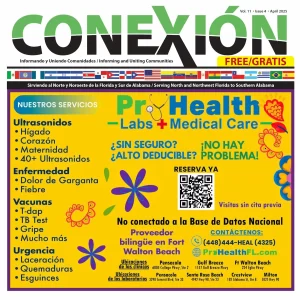Affordable Care Act
By Kimberly Lovern, owner of Reliant Tax Pros, Tallahassee, FL / www.relianttaxpros.com
As taxpayers, we need to be smart to avoid some penalties which come from not having the appropriate information. The year 2015 was exciting following the new enactments coming into perspective with regards to the taxation policy. Some of the changes for 2015 affect the Affordable Care Act.
In comparison to 2014 when the Affordable Care Act came into effect, there have been few changes in the income tax. One of the changes introduced was penalty increments for those who did not have a health insurance. In that regard, those who did not have a proper insurance coverage would be liable for a fine of 1% of the household income. However, those who did not have health coverage for 2015 following this enactment are now responsible for a 2 percent penalty or $395 per family (Health Act 2015).
Another significant change to the Affordable Care Act was the premium tax credit (Health Act 2015). Families are now able to qualify for an advance in tax refunds to assist with health insurance premiums. However, to be eligible for the Premium Tax Credit, taxpayers will have to meet certain conditions. One condition is that household income must be between 100 percent to 400 percent of the federal poverty line. And only those applying for insurance via the Marketplace will be eligible for the Premium Tax Credit.
Those who use the employee sponsored flexible spending account have also been affected. In 2014, the maximum a taxpayer could contribute to an FSA was $2,500 to an FSA however in 2015; the Internal Revenue Service increased the contribution limit to $2,550. Taxpayers cannot use FSA’s to pay for health insurance premiums.
The Affordable Care Act remains an enigma to most taxpayers. Because the new health policy affects taxpayers intricately, it is best to seek a professional tax preparer to explain the benefits and limitations of the new law.


